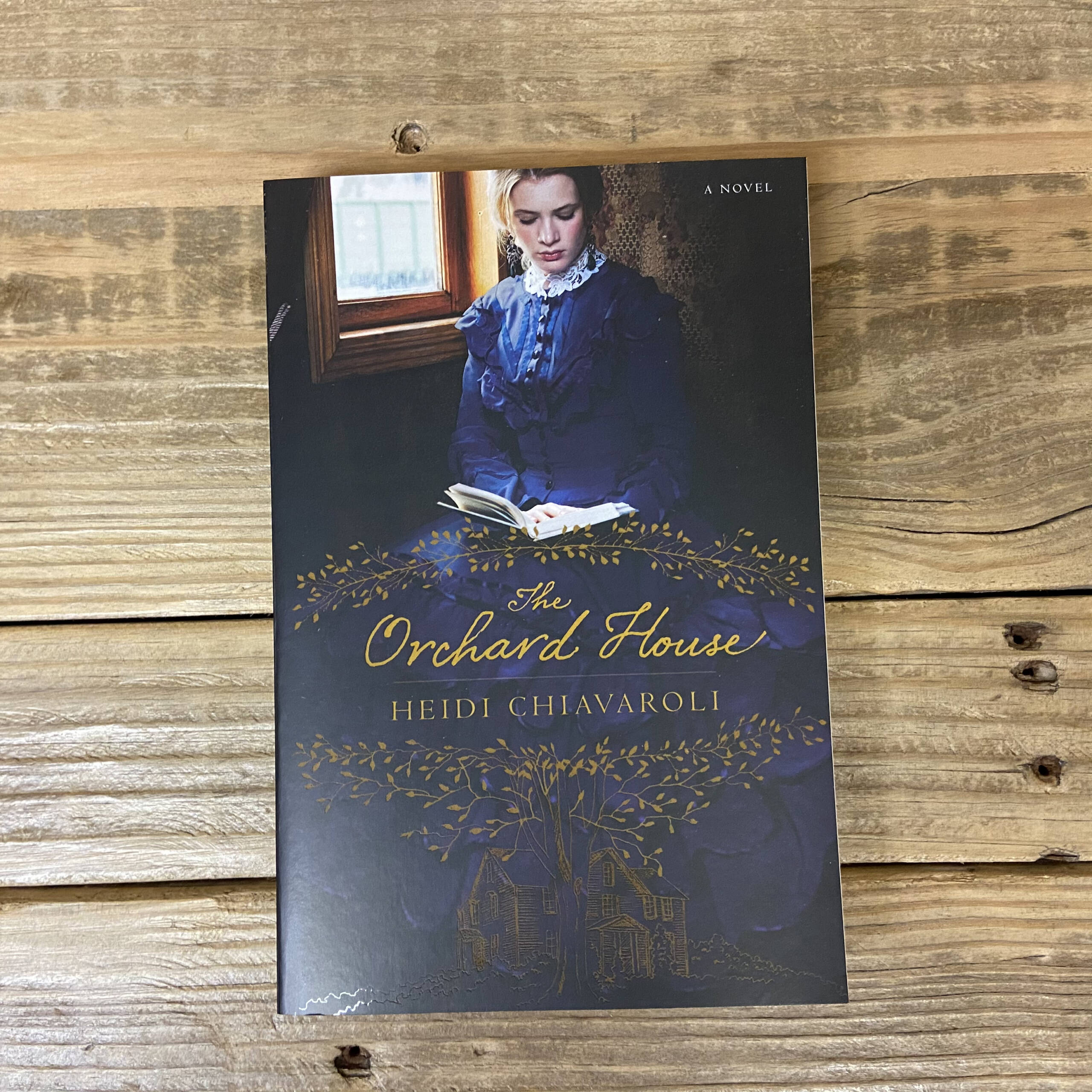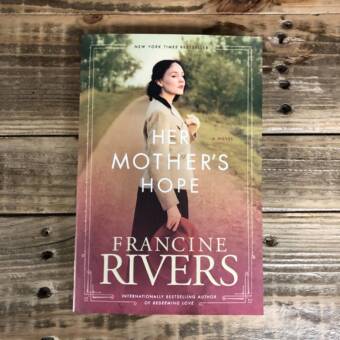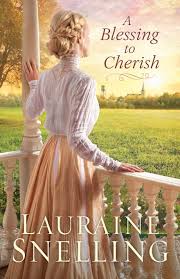Description
Heidi Chiavaroli’s novel The Orchard House is a tribute to Louisa May Alcott, whose historic home and writing speak to women’s need for refuge.
When she was a teenager, Taylor was adopted by the Bennett family, whose kindness she never felt worthy of. She and her new sister, Victoria, shared a love for Little Women and exchanged views on their own creative writing, even attending workshops at Orchard House. Later, they grew apart.
Now thirty-seven and a bestselling author, Taylor returns to Concord to see her adoptive mother, who has cancer. She feels guilt about her abrupt departure and her strained relationship with Victoria, who’s facing domestic abuse; they excavate old wounds, but also set them aside to extend support. A twin narrative set in the 1860s focuses on Johanna, an aspiring poet, the caretaker of Orchard House, and an abused wife.
The alternating timelines converge because of the women’s desire to feel unfettered despite also yearning for connections. Rediscovering Johanna’s poems, and researching her life, pulls Taylor and Victoria closer. Epistolary interludes between Johanna and Louisa May Alcott mirror the sisters’ affection. Gradually, scenes ravel toward freedom, which the women find in being vulnerable.
With Christian themes about trusting God through personal failings, this exploration of broken relationships is raw when it comes to addressing its characters’ self-imposed isolation, and hopeful when it comes to showing the powerful influence of sisterhood on healing. The characters’ clear admiration of Louisa May Alcott is both about sweet girlhood fandom and respect for her mind; in scenes featuring Louisa, she is a down to earth advisor. Concord and its surroundings are a fertile background for the story.
The Orchard House is a historical novel made for Louisa May Alcott fans, with plentiful references amid a touching story about homecoming and forgiveness.



